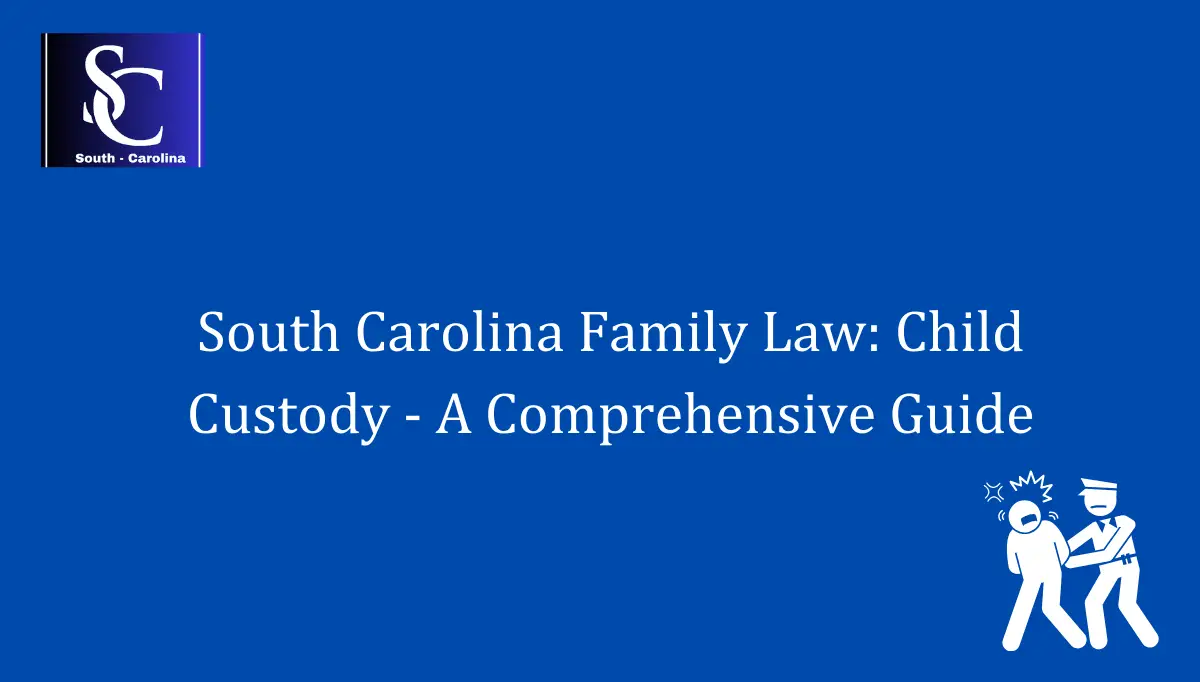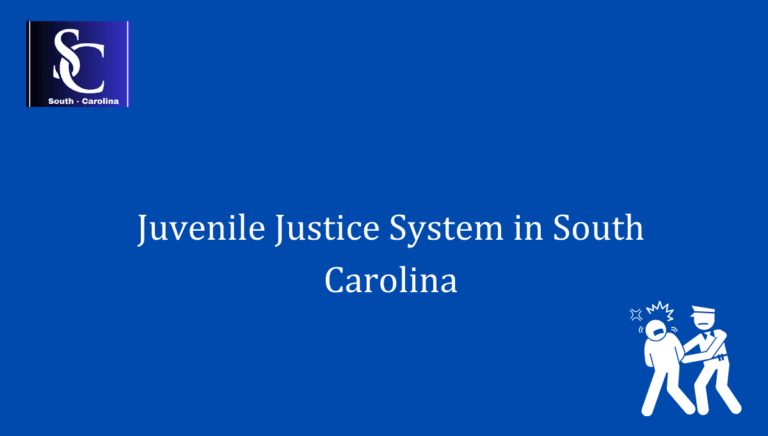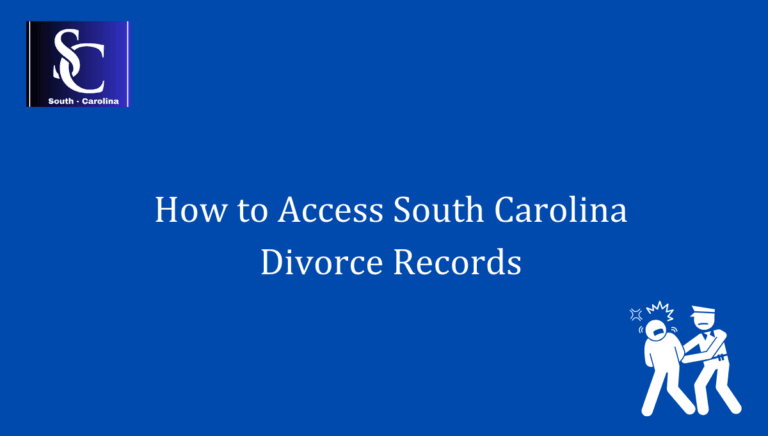South Carolina Family Law: Child Custody – A Comprehensive Guide
In this comprehensive guide, we delve into the intricate world of child custody under South Carolina family law. Whether you’re a concerned parent seeking legal advice or a professional in the field, this resource is designed to provide you with the knowledge and insights you need.
Our team of experienced family law attorneys has carefully crafted this guide to address the various aspects of child custody, from legal terminology to the intricacies of the court process. We understand that navigating the complexities of child custody can be overwhelming, which is why we’ve compiled everything you need to know in one convenient resource.
From understanding the different types of custody arrangements to learning about the factors that influence court decisions, this guide will equip you with the tools to navigate child custody matters confidently. We’ve also included practical tips and advice to help you prepare for hearings and negotiate custody agreements.
Whether you’re a parent going through a divorce or simply seeking information on South Carolina’s child custody laws, our comprehensive guide is here to support you every step of the way. Trust our expertise and let us be your guide through the complex world of child custody in South Carolina.
Understanding Child Custody Arrangements
When it comes to child custody, it’s crucial to have a clear understanding of the different arrangements that can be made. In this section, we’ll explore the various types of custody and their implications for both parents and children.
Physical Custody vs. Legal Custody
First and foremost, it’s essential to distinguish between physical custody and legal custody. Physical custody refers to where the child resides, while legal custody pertains to the decision-making authority for the child’s welfare and upbringing.
Sole Custody vs. Joint Custody
Within the realm of physical and legal custody, there are further distinctions to be made. Sole custody grants one parent full responsibility and authority, while joint custody involves both parents sharing the decision-making and parenting responsibilities.
Factors Influencing Court Decisions
When determining child custody arrangements, the court takes various factors into account. In this section, we’ll explore the key considerations that influence court decisions, including the child’s best interests, the parents’ ability to provide a stable and nurturing environment, and the child’s relationship with each parent.
Navigating the Court Process
Understanding the court process is vital for anyone involved in a child custody case. This section will guide you through the steps involved, from filing the initial petition to attending hearings and mediation sessions.
Filing for Child Custody
Before embarking on the custody journey, it’s important to understand the process of filing for child custody. This section will provide you with a comprehensive overview of the necessary documentation and the steps involved in initiating a custody case.
Preparing for Hearings
When preparing for custody hearings, thorough preparation is key. This section will offer valuable tips and advice on gathering evidence, presenting your case effectively, and anticipating the court’s questions.
Negotiating Custody Agreements
Many child custody cases are resolved through negotiation rather than litigation. This section will provide guidance on how to approach negotiations, collaborate with the other parent, and reach mutually beneficial custody agreements.
With these comprehensive resources at your disposal, you can confidently navigate the complexities of child custody in South Carolina. Our team of experienced family law attorneys is here to support you every step of the way, ensuring the best interests of your child are prioritized. Trust in our expertise and let us guide you through this challenging process.
FAQs
What factors do courts consider when determining child custody?
Courts in South Carolina consider various factors when determining child custody, including the child’s best interests, the parents’ ability to provide for the child’s physical and emotional needs, the child’s relationship with each parent, and any history of domestic violence or substance abuse.
Can grandparents seek custody of their grandchildren?
Yes, grandparents can seek custody of their grandchildren in certain circumstances. South Carolina law allows grandparents to petition the court for visitation or custody if it is in the best interests of the child and one of the following conditions is met: the parents are divorced, one parent has abandoned the child, or the child’s parents are deceased.
How does joint custody work?
Joint custody, also known as shared custody, means that both parents share the responsibility and decision-making authority for the child. This arrangement requires effective communication and cooperation between parents to ensure the child’s well-being and best interests are met.
What is the difference between legal custody and physical custody?
Legal custody refers to the authority to make important decisions regarding the child’s upbringing, such as education, religion, and medical care. Physical custody, on the other hand, refers to where the child resides on a day-to-day basis. Both legal and physical custody can be shared or awarded solely to one parent.
Can child custody orders be modified?
Yes, child custody orders can be modified if there has been a significant change in circumstances or if it is in the best interests of the child. It is important to consult with an attorney to understand the specific requirements and procedures for modifying a child custody order in South Carolina.
What should I do if I believe the other parent is unfit for custody?
If you believe the other parent is unfit for custody, it is important to gather evidence to support your claim. This may include documenting instances of neglect, abuse, or substance abuse. Consult with a family law attorney who can guide you through the legal process of presenting your concerns to the court and advocating for the best interests of your child.







